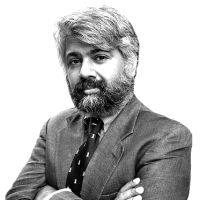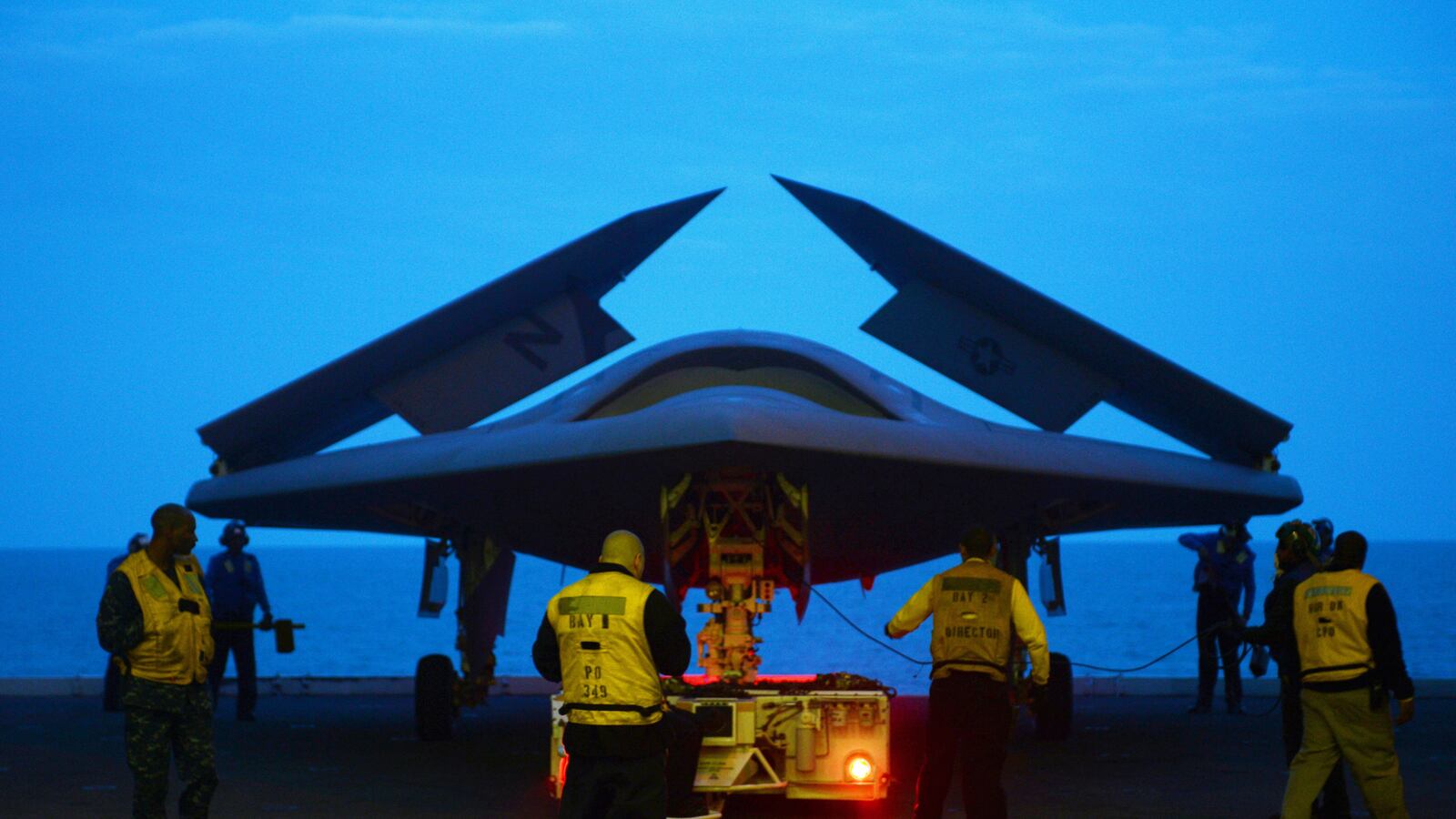Has anyone noticed how diminished, how very Lilliputian, America has become? Great tragic events in the world beyond our borders are parsed here as accountants would parse the finer points of a creative tax deduction. Hundreds of innocent Syrians have been gassed to death by their despot—hell, even my ninth grader is horrified, and not just because he is aware that many of the dead were close to his age—and yet … our spontaneous revulsion, our reflexive anguish, is smothered in political slurry. There is no nobility in the politicians’ debate about what we should do for the Syrian people, about what we should do to the Syrian regime, just a fevered trading of caveats and escape clauses. America’s leaders are like those hideous baby voles in wildlife documentaries: naked, blind, and shrinking from the light, trapped in burrows that appear to lead nowhere but deeper into darkness.

This was once a great land that asked not what oppressed people could do for themselves; it asked, instead, what we could do for them. Today, every urge to rescue others, to intervene on the side of the murdered underdogs, is met by many in this country with accusations of imperialism. Our loss of righteous strength—strength that was once this country’s greatest asset—is now celebrated by many Americans, including those who write for this publication: in tones that are akin to ululation, David Stockman, who once worked for the Reagan White House, celebrates the end of America’s “Imperium,” of the “American warfare state.” As someone who has elected to live in this country by moral choice, I say to Stockman (in echo of Kipling): … what should they know of America who only America know?
How did we come to this state? I refer not only to the Stockmans (who, mercifully, are of no political consequence), but also to Sen. Rand Paul, who will not do the right thing by innocent Syrians because he wishes to cut Barack Obama not an inch of slack. Rand Paul is a hideous isolationist. I happen to be rereading The Bonfire of the Vanities, and early in the book a bond trader called Rawlie Thorpe tells Sherman McCoy, the novel’s central character, “If you want to live in New York, you’ve got to insulate, insulate, insulate”—meaning, insulate yourself from anyone who might cause you discomfort, inconvenience, a moment’s moral reckoning. “If you could go breezing down the FDR Drive in a taxi, then why file into the trenches of the urban wars?” Rand Paul, meet Rawlie Thorpe.
Syria suffers from the cancer of sectarianism. It is a brutal cancer. Some places (like Syria) are prone to this malady, and others (like America) are not. And yet, I think our own increasingly "sectarian" divisions have instilled in us a horror of other people's (admittedly more murderous) clefts—and shaken to the core our faith in ourselves, and in our ability to keep order beyond our borders. If we are so constantly at war with each other, what right have we—some of us ask ourselves—to mediate in the wars of other people? In his mission to mold a non-interventionist America—which is, in truth, an America that ceases to mediate—Barack Obama has shredded America’s faith in itself. He has consistently said that we are not leaders, nor even arbiters, but are like everyone else. The world is flat. And it is this diminished America, this America made small, that must now reckon with a world that is bewildered by our paltriness—and petrified by it.






